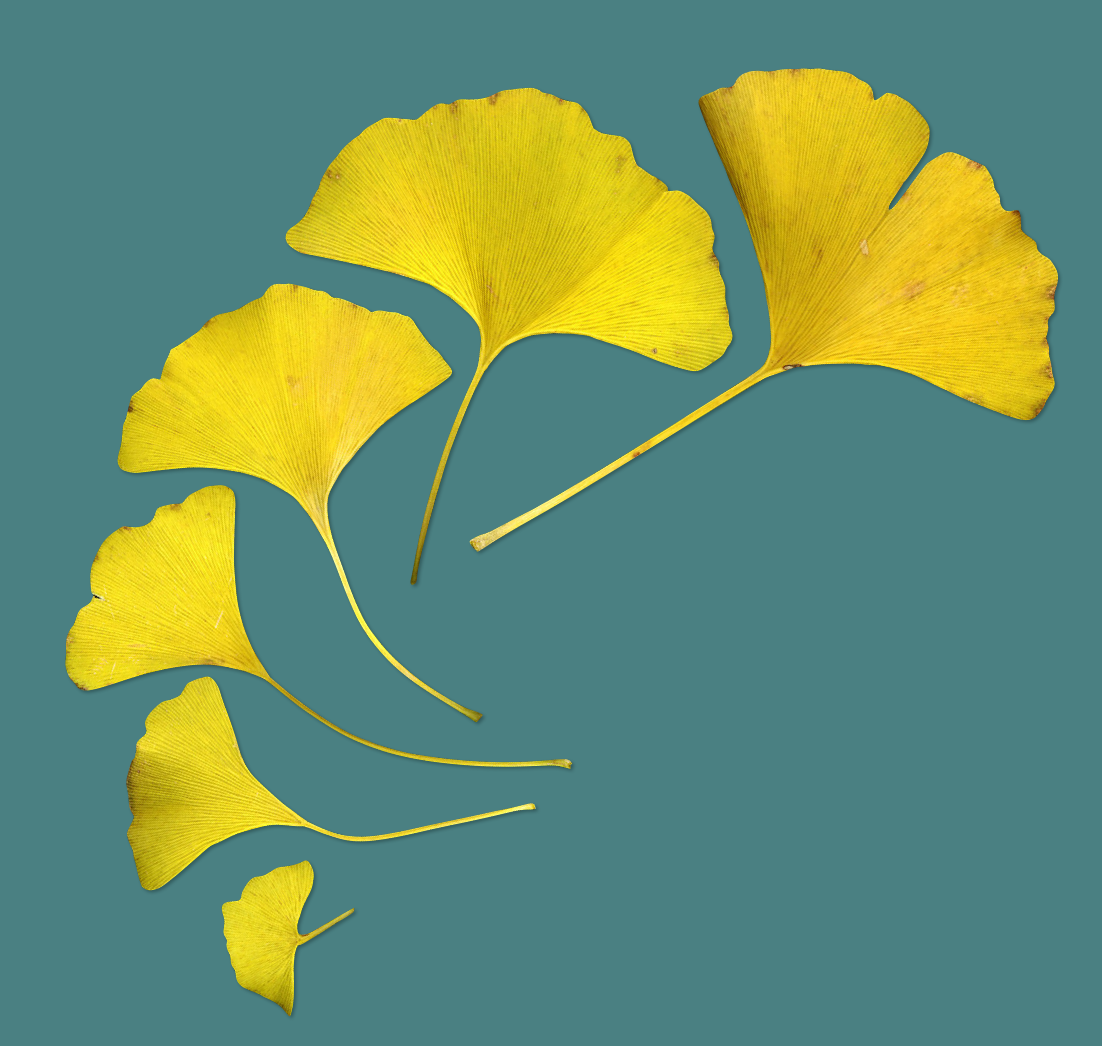
Herbal Medicine
A wonderful revival of folk herbal medicine is happening now. I love that this is making herbs more accessible whether it is super-herbs with huge reputations like ginseng or reishi, grown in distant exotic countries, or the humble dandelion, sage or fennel growing in our backyard or neighbourhood. Herbs have many, many gifts, if we only open up to wonder and curiosity about them.
The people’s medicine
Herbal medicine belongs to everyone, and it is accessible to most people in various forms, from a cup of chamomile or peppermint tea, to putting medicinal mushrooms and garlic in our stew, to lavender essential oil in our bath. It is the world’s most accessible and popular form of medicine- and for many, its only form.
Herbs can be a doorway for those of us living busy modern lifestyles, to stay connected with the natural world. Just growing a pot of herbs on a balcony can help us stay connected. Noticing the weeds (some of which can be used as medicines) in our local environment can help us connect with the power and magic of nature that is everywhere, even in the city.
More than the sum of their constituents
Much scientific research is being done in herbs, frequently validating traditional usage. However, this approach, while important to validate herbal usage, tends to reduce herbs to their chemical constituents, and just as we are more than our blood and biochemistry, so are plants. They have complexity and perception, intelligently responding to their environments. So when we explore and interact with them, we engage with them on many levels, whether we realise it or not.
The pharmaceutical approach to herbs tends to use very concentrated products, which can have substantial effects on a physical level, whereas a wholistic approach often uses more gentle, safer doses that stimulate the innate vitality and healing within the body. Both methods have their place.
Ways to take herbal medicines
Plant medicines can be used in many forms- tinctures, extracts, syrups and elixirs, teas and stronger infusions, tablets and capsules, powders and superfoods. They can be taken as medicine, or used in food, or somewhere in between.
I love to grow some of my medicines, wildcraft some, and I obtain the rest as ethically as I can. With so many plants to choose from, I see no need to use endangered species that have been overharvested.
I always like to remember, and encourage my clients to remember, that these medicines are living beings, even if powdered, boiled or bathed in ethanol, and they are a gift from Mother Earth.
I often use herbal extracts and tinctures, along with tiny doses of essential oils, and flower essences together in a remedy.
These are potent and I find that smaller doses are usually enough, which makes it more cost effective as well.
Aromatic Medicine
I use essential oils as potent plant medicines in their own right, often in conjunction with herbs. Essential oils need to be treated with respect as the powerful, precious substances they are. They have a long tradition of use in European countries including appropriate internal useage, which I am trained in.
The herbal blends I make for my patients may contain essential oils in small quantities to potentise the blend. Essential oils have many, many uses, and I use a variety of Australian and internationally sourced essential oils for many conditions. I do not use multi-level marketed oils and will not try to sign you up to any program.
Fragonia (Agonis fragrans) is a unique West Australian flower with a wonderful fragrance.
Flower Essences
Flower essences are more subtle and work on an emotional and energetic level. For many people flower essences help them move through difficult emotional situations more easily and promote more self love. I also frequently add these to herbal blends to help with underlying emotional causes that are contributing to physical issues. I often make my own flower essences, as well as using West Australian, Australian and English essences.
“Often, people take herbal medicines for a physical response, but what they find is that the body also responds in an emotional way to the plant medicine that they’re taking.”




